Lors de la réunion du Conseil des Affaires étrangères qui s’est tenue le 13 mai 2011 à Bruxelles, et a traité, cette fois-ci, du commerce, les Etats membres ont approuvé la proposition de la Commission européenne relative à la révision du système de préférences généralisées. János Martonyi a souligné que le soutien devait être accordé aux pays qui en avaient vraiment besoin.
On 10 May 2011, the European Commission accepted the proposal on the reform of the Generalised System of Preferences (GSP) of the European Union, which has been in force since 1971, because the current GSP regulation will expire on 31 December 2011. At their meeting on 13 May, EU foreign ministers held a preliminary debate on the proposal. As trade policy falls within the Presidency’s competence, the meeting was chaired by Minister János Martonyi, on behalf of the Hungarian Presidency.
At present, the EU’s Generalised System of Preferences, provides trade preferences to 176 developing countries without mutuality, in the form of duty free status or reduced duty-rates. Since close to 40 percent of the GSP preferences have being taken by the so-called emerging countries (including, for example, Saudi Arabia, Brazil, Russia, China, South Africa or Venezuela), the Commission proposed for the establishment of a more equitable system, therefore, after a transitional period, countries with high or medium per capita income, would be excluded from the scope of beneficiaries.
“The essence of the proposal can be easily summarised: preferences should be given to those who really need them,” János Martonyi said, and declared that Member States agree with this direction. The minister pointed out that Member States mainly disagree on specific and technical issues, which will be discussed later in detail.
Bilateral Investment Treaties: legal certainty is needed
Under Article 207 of the Treaty of Lisbon, trade policy has been delegated fully to the competence of the Union, therefore, in the future the European Union, it will conclude investment treaties with third countries, instead of Member States. At the same time, it is advisable to maintain all effective investment treaties between Member States and third countries.
The proposed regulation No. COM(2010)344 that was submitted by the Commission in July 2010, maintains the status quo and offers a transitory solution by authorising the continued existence of bilateral agreements relating to investment concluded between Member States and third countries; and establishes conditions and a procedural framework for the negotiation and conclusion by Member States of such agreements. Given that an EU investment policy will be gradually developed, the procedure established by this proposal must be regarded as an exceptional transitional measure – for at least five years.
In the press conference following the meeting, János Martonyi said: “We all agreed that we need legal security and clarity; and we have to be very careful, that first, European Union investors will be well and fully protected across the world and second, at the same time that European Union remains a preferred destination.”
The regulation on the review of the system of investment treaties should be adopted in the ordinary legislative procedure, therefore, the European Parliament (EP) also has a role in it. The EP adopted its amendments to the proposed regulation at the first reading on 10 May 2011, only a few days prior to the meeting of the Council. János Martonyi highlighted that this is also the Presidency’s job in the future, to take forward discussions between the Council and the EP, so that the final agreement can be made.
Today, with almost 1200 Member States' bilateral investment agreements, the EU is world leader in both inward and outward investment. While foreign direct investment (FDI) flows are still heavily concentrated among industrialised countries, emerging market economies have become increasingly active, as both investors and recipients of investment.
No free trade negotiations with Japan in May
At the press conference Mr Martonyi told journalists that Member States discussed the trade aspects of the EU–Japan summit, which is to take place on 28 May, including the opportunity of starting negotiations on a Free Trade Agreement with Japan. At the same time, Mr Martonyi noted that so far, the Council have not had to make a decision on opening the negotiations, since the procedure has not yet reached that stage.
This view was confirmed by European Commissioner for Trade, Karel de Gucht, who also underlined that the free trade negotiations could start only after Japan has removed trade barriers. As examples, the Commission mentioned, the non-customs type restrictions of public procurements and the complete removal of customs duties on agriculture and investments.
The Commissioner is of the opinion – which is also shared by János Martonyi, who made this clear in response to a journalist question – that the scope of a possible agreement should be accurately defined, before negotiations are started.
WTO: Member States line up behind the Commission
In their last year November meeting, G20 countries were of the opinion that negotiations of the Doha Round, stalling for 11 years, could be saved in 2011 at the latest. However, since negotiations did not progress accordingly, the Commission submitted a compromise proposal to the World Trade Organisation. János Martonyi confirmed at the Council’s meeting, that Member States lined up behind the proposal and welcomed the constructive role taken on by the Commission.
Bien à vous,
Morgane BRAVO
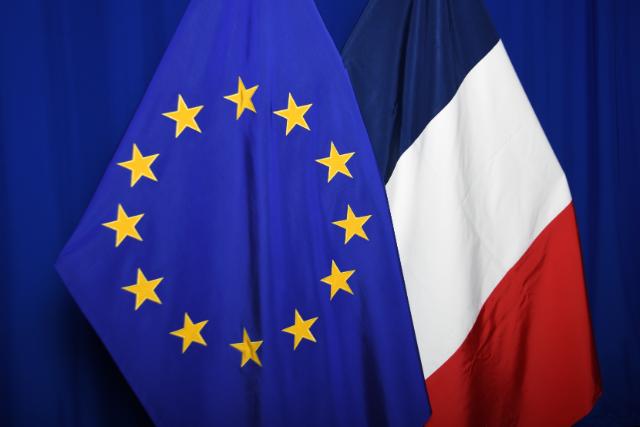








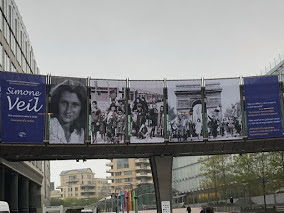
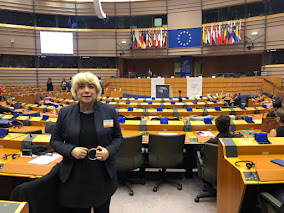
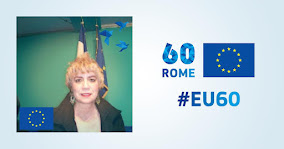
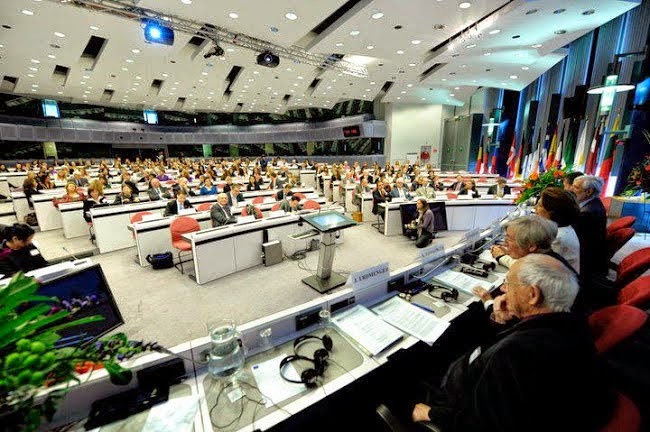




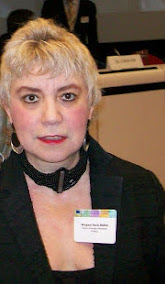
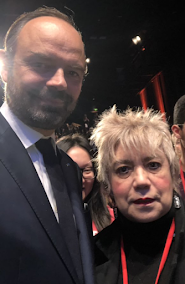
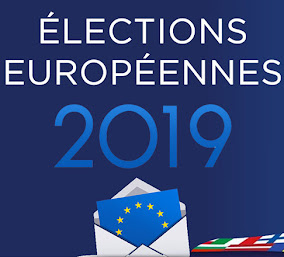










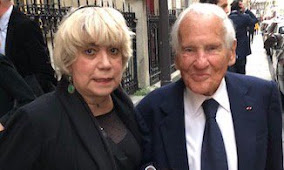





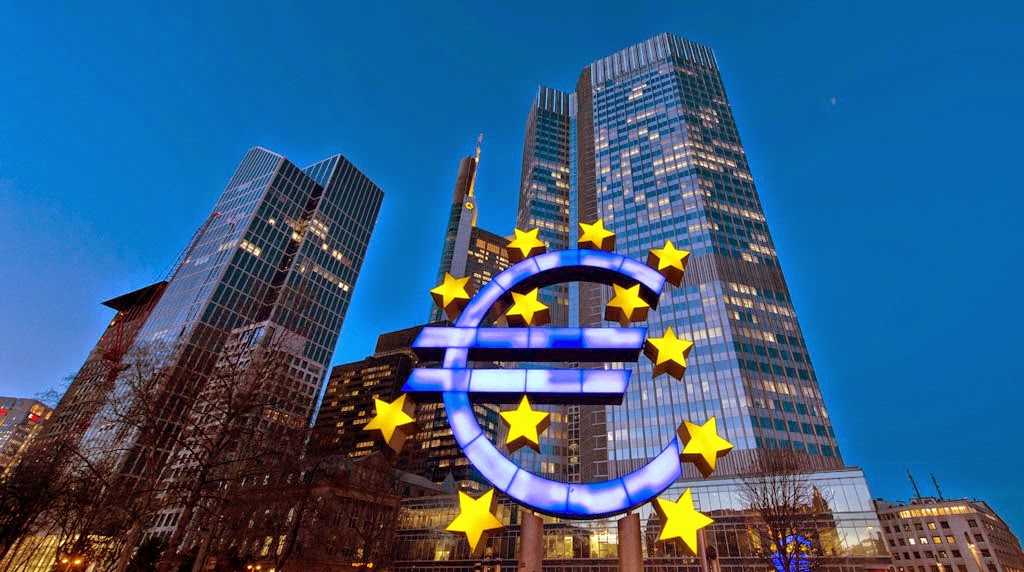

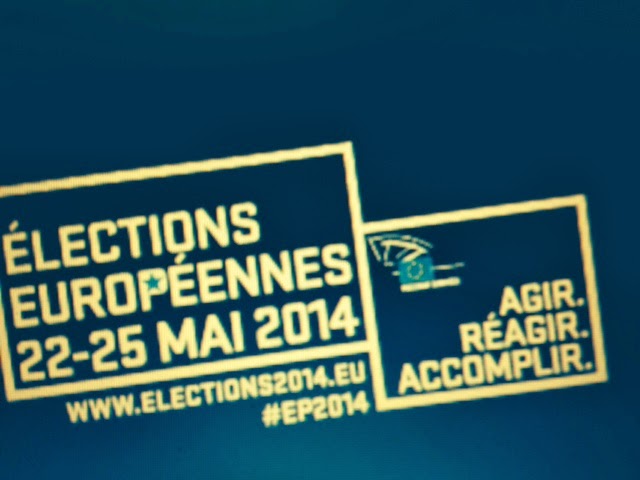




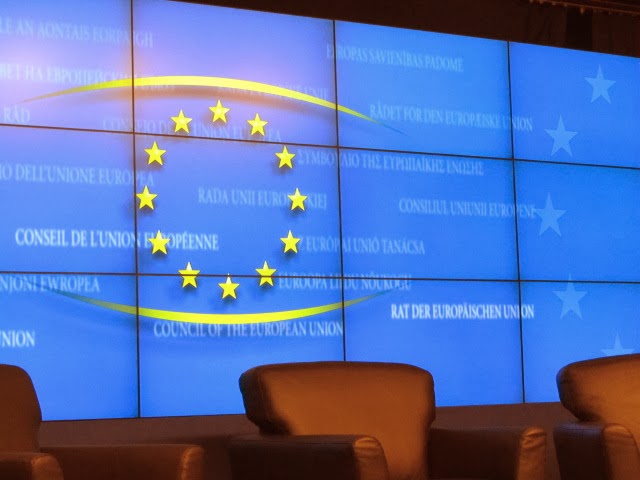







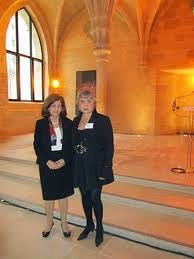

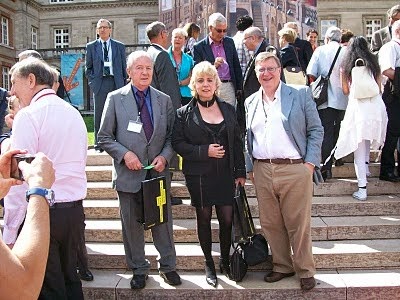




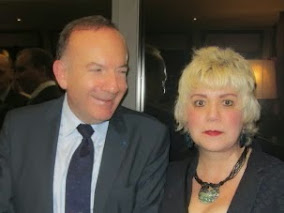











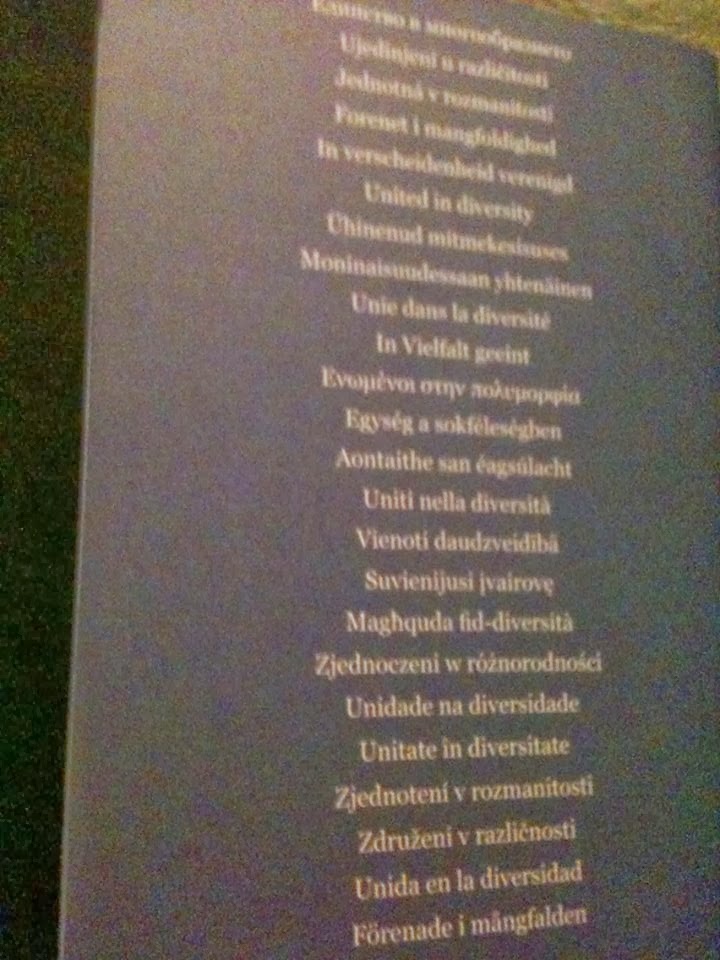
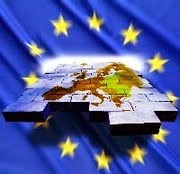
Aucun commentaire:
Enregistrer un commentaire